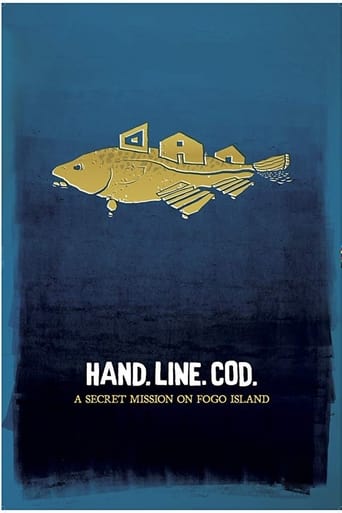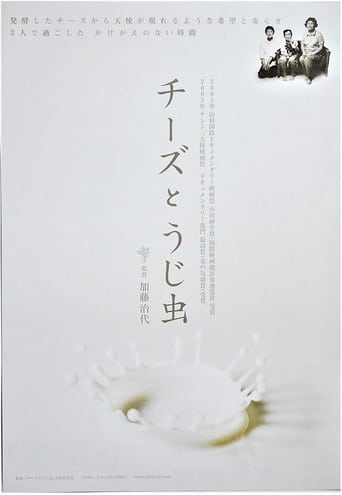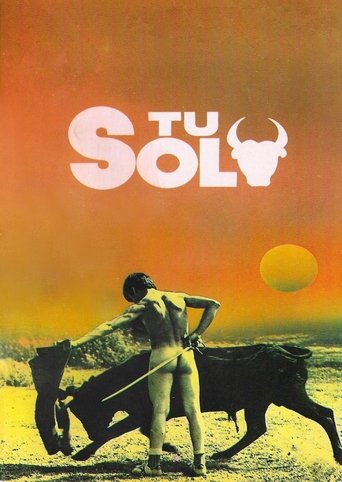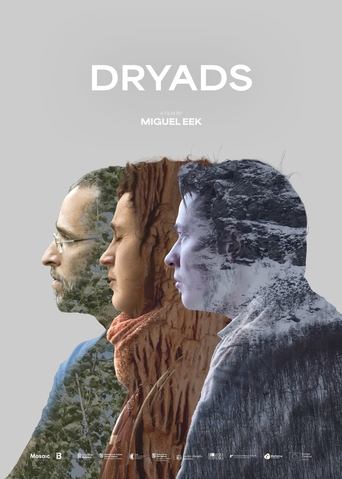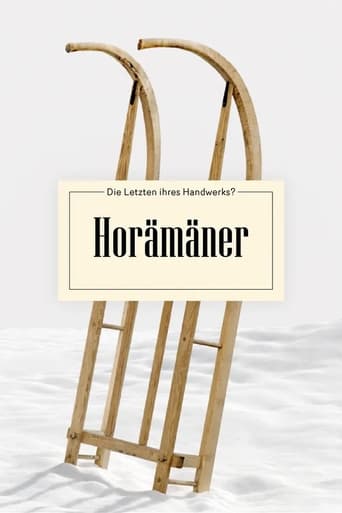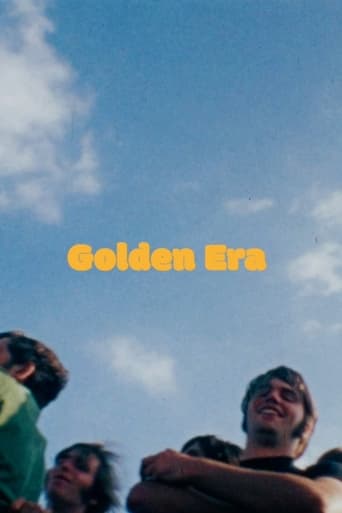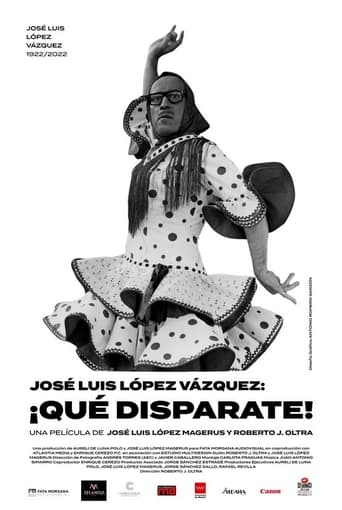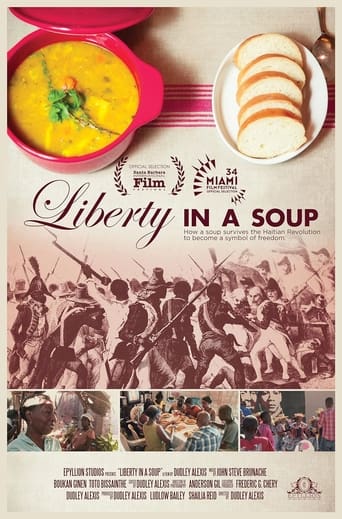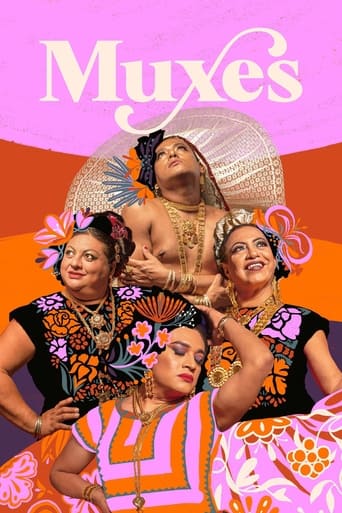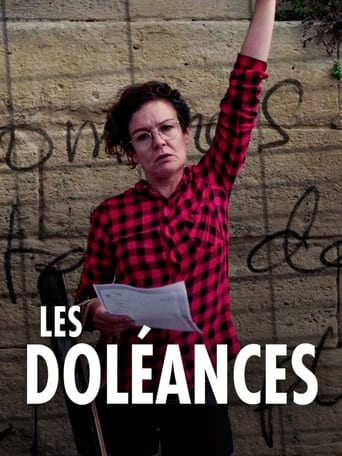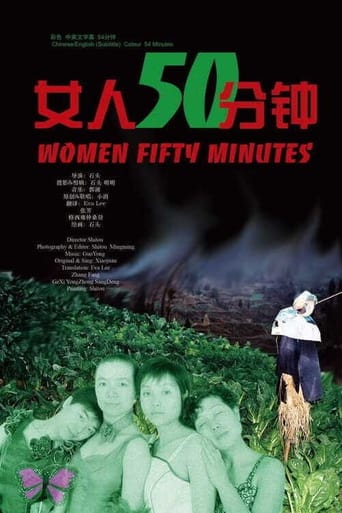
01 Jan 2017

The Warwick Rowers - WR17 Spain Film
A beautifully crafted documentary that takes you behind the scenes of our 2017 calendar shoots in Spain. Shot on location in Spain in glorious colour and full 4k definition, available as a download only. The Warwick Rowers are back for 2017 to raise money for charity.


